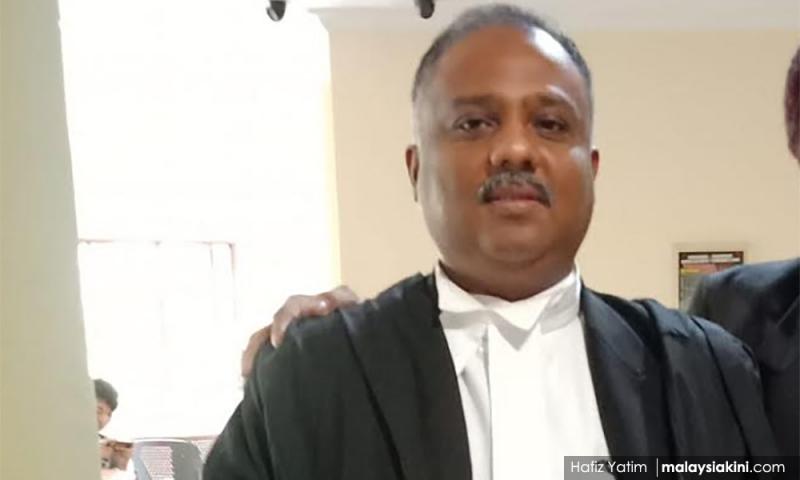Lawyer: Immunity for ex-AIAC director in graft probe unconstitutional
The immunity granted to former Asian International Arbitration Centre (AIAC) director A Sundra Rajoo which thwarted the MACC's attempt to detain him is unconstitutional, claims lawyer Arun Kasi.
Arun argued that no Malaysian can be granted immunity within the country unless granted under the Federal Constitution.
"Under Article 8 of the Federal Constitution, no law may confer a privilege or immunity to a Malaysian in Malaysia. All are equal before the law.
"Except expressly provided by the constitution, no discrimination against citizens is allowed on grounds of office, profession, etc," he said in a statement today.
On Wednesday, the Putrajaya Magistrates' Court rejected MACC's request to remand Sundra for seven days.
AIAC's lawyers had argued that the organisation is under the Asian African Legal Consultative Organisation, and as such, Sundra was considered a diplomat.
Sundra has since resigned from the post.
He was being investigated by the MACC on suspicion of using government funds to obtain favours from past and present ministers to extend his contract as AIAC director.
Arun, who disputed the immunity, said he had lodged a MACC complaint about the drafting of the Construction Industry Payment And Adjudication Act 2012 (CIPA), which governs the AIAC.
"There were numerous anomalies associated with the act that warrants strong suspicion as to how the act was influenced to be passed and an MACC investigation to find out if in fact there was any corrupt practice associated with the making of the act," his statement read.
Apart from the issue of immunity, Arun also raised concerns about the opaqueness of the act and the quantum of charges allowed for adjudication.
RM12.50 / month
- Unlimited access to award-winning journalism
- Comment and share your opinions on all our articles
- Gift interesting stories to your friends
- Tax deductable
